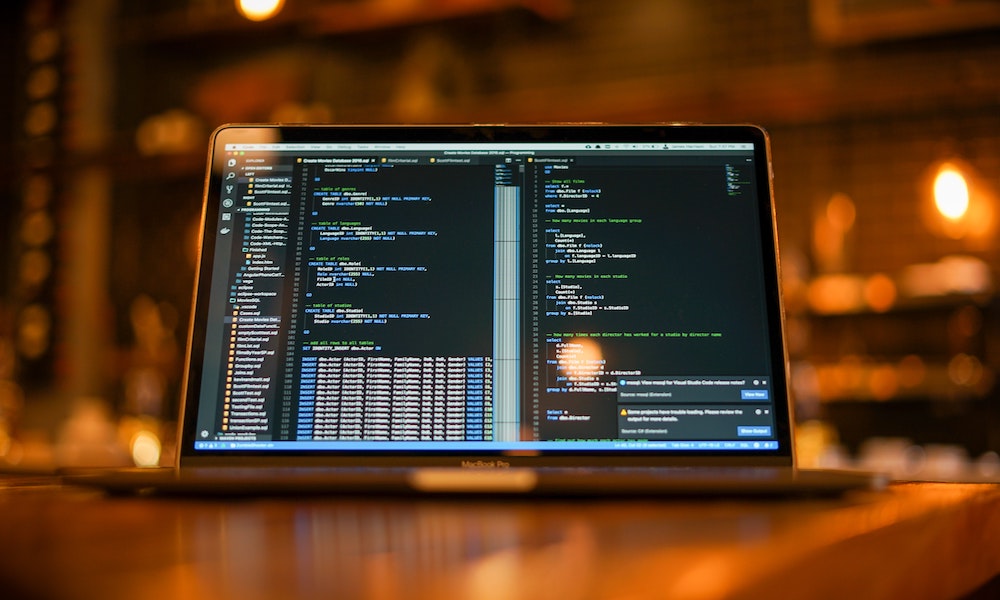On macOS, a recently discovered security risk operates in the background to access logins, banking information, and other sensitive information. The new macOS malware is called "ShadowVault." It is unclear whether ShadowVault has been observed in use and how it will be distributed in the wild. However, as it operates in the background on Macs, users likely need to be persuaded to download and use it.
A new Mac-specific malware called MacStealer that may steal passwords, credit card numbers, cryptocurrency wallets, and other information was first observed earlier this year. A third complex Mac malware known as ShadowVault macOS Stealer has emerged since a second version of the first version appeared in April. What it can do and how to safeguard your Mac are listed below.
The developers of the new ShadowVault macOS Stealer are charging a monthly "malware as a service" fee, just like the Atomic macOS Stealer that first appeared in April. When it was found, ShadowVault was being sold for $500 for a month. It states that it can retrieve "all Chromium-based extensions," "passwords, cookies, credit cards, wallets," and "all Chromium-based extensions."

The new macOS malware is named "ShadowVault"
What can the new macOS malware ShadowVault steal?
The new macOS malware ShadowVault can steal your information and harm you in different ways. Fols at 9to5Mac have listed some of the dangers of it. Here is a full list:
- Extract passwords, cookies, credit cards, wallets, and all Chromium-based extensions (Opera, Chrome, Edge, Vivaldi, Brave, Torch, Yandex, and over 50 plug-in browsers).
- Extract passwords, cookies, credit cards, wallets, and all Firefox extensions.
- Extract files (you can add/remove any extension).
- Keychain database extraction (decrypted and ready for import).
-
Support and decryption of crypto wallets from all browsers
(Metamask, Coinomi, Binance, Coinbase, Atomic, Exodus, Keplr, Phantom, Trust, Tron Link, Martian). - Telegram Grabbing.
- Possibility to set up otstuk logs in several places at the same time.
Since most malware attackers target Windows and Linux systems, macOS computers are considered to be reasonably safe from malware attacks. In comparison to Apple's gadgets, the later ones are more inexpensive and even have more customers. However, as macOS devices become more and more a part of consumers' daily life, they are becoming more and more alluring to online peddlers.




Recommended Comments
There are no comments to display.
Join the conversation
You can post now and register later. If you have an account, sign in now to post with your account.
Note: Your post will require moderator approval before it will be visible.